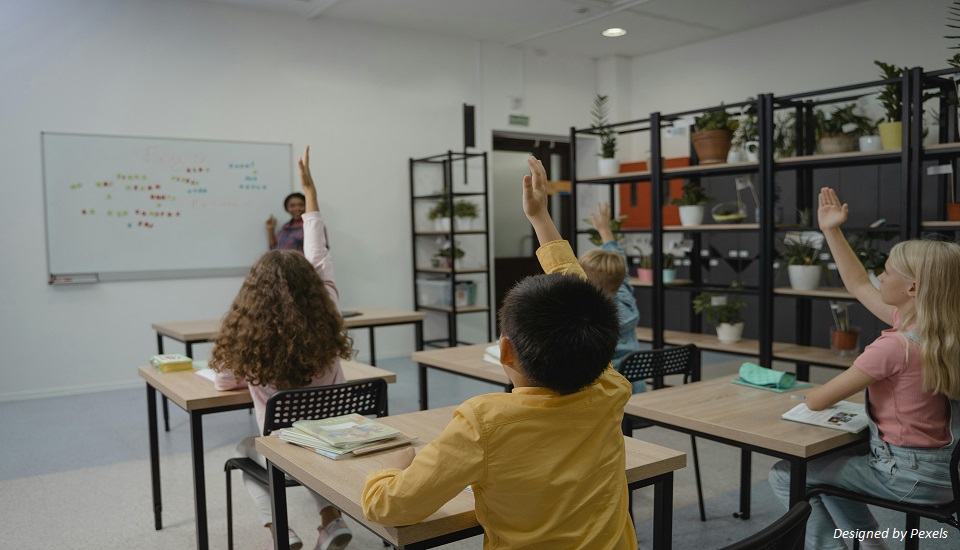Research has shown that the active students' participation in classrooms develops meaningful knowledge, skills and attitudes. These include communication abilities, interpersonal and social skills, critical thinking, problem identification, problem-solving, decision-making, creation and development of plans of action, supportive relationships with adults and peers, and a rising sense of tolerance and harmony.
Educators trained in the postgraduate diploma in school management initiates the active engagement of students with the subject matter and enable them to create new concepts.
Key aspects of classroom participation:
In a participatory school, young learners get involved in finding the resolution of problems in the school community and other communities to which they belong.
A key aspect of students’ participation in school is the possibility of influencing various processes of decision-making that is enhanced by educators pursuing the leadership development program for teachers.
A growing sense of belonging and engagement with the school constitutes effective outcome of students' participation which has been positively associated with academic achievement.
Classroom participation helps students learn from each other, increasing comprehension through cooperation. This can, in turn, improve relationships between students and between the student and educator.
Students’ participation helps in conflict situations:
Teachers, school counsellors or teachers commonly solve conflicts among students and other school mediators. This usually excludes students from finding the resolution of their own conflicts and those between adults in the school.
Students that regularly participate in a holistic school and classroom setting are constantly involved with the material and are more likely to remember a greater portion of the information.
Active participation also improves critical and higher level thinking skills that are trained to the learners by trainees who have pursued a post-graduate diploma in school management program.
Monitoring students’ participation in the classroom:
A consistent monitoring helps in determining the participation of the students and learn whether a particular student is improving or not. As a global educator, you effectively support them to gain the courage to participate by showing respect towards their contributions and provide a positive guidance to their queries. Listening attentively while they are talking and saying something positive about their comments will encourage them to participate in the classroom in a proactive manner.
Working with effective participation strategies:
Find a participation method that works in the classroom, enabling students to communicate by asking thought-provoking questions or commenting or giving answers that seems workable to them.
- Prepare the students by summarizing the material you would like to share with the class.
- Work your opinion into the discussion so you can demonstrate a higher level of thinking that goes beyond reading the assigned material.
- Provide some evidence to show that you have made an effort to understand the subject.
- Preparation is key, to enable students to practice on their own before they do so in the class.









